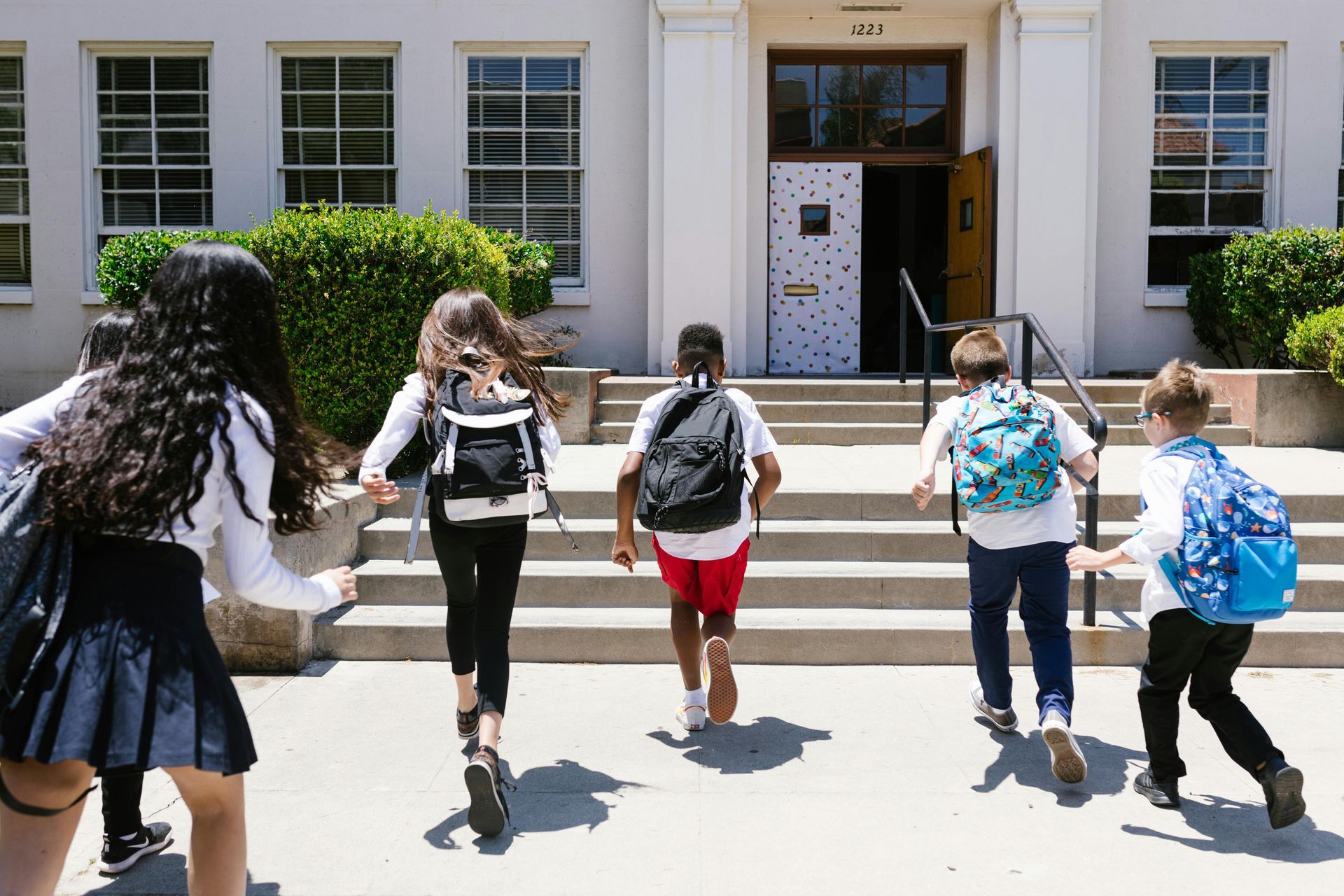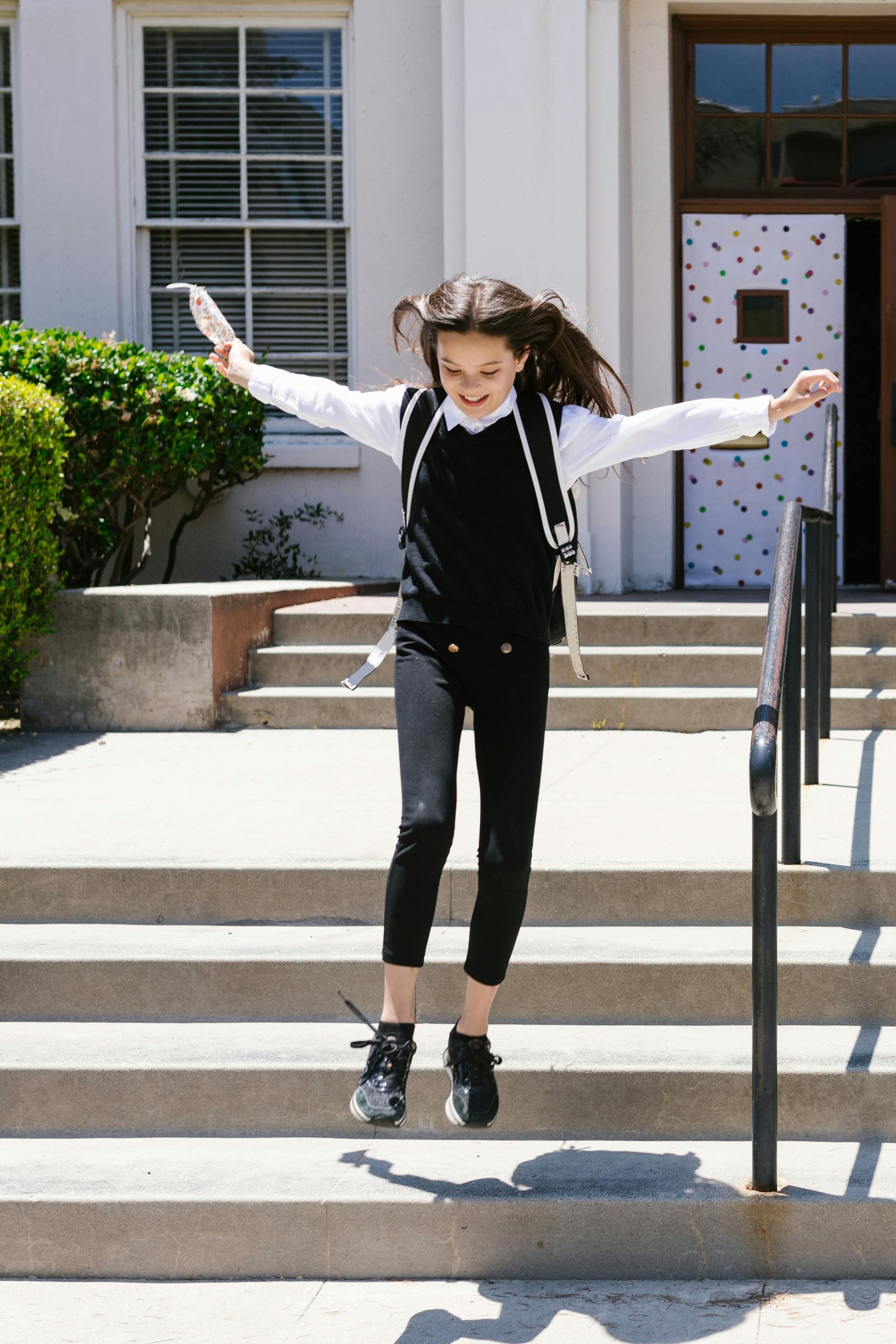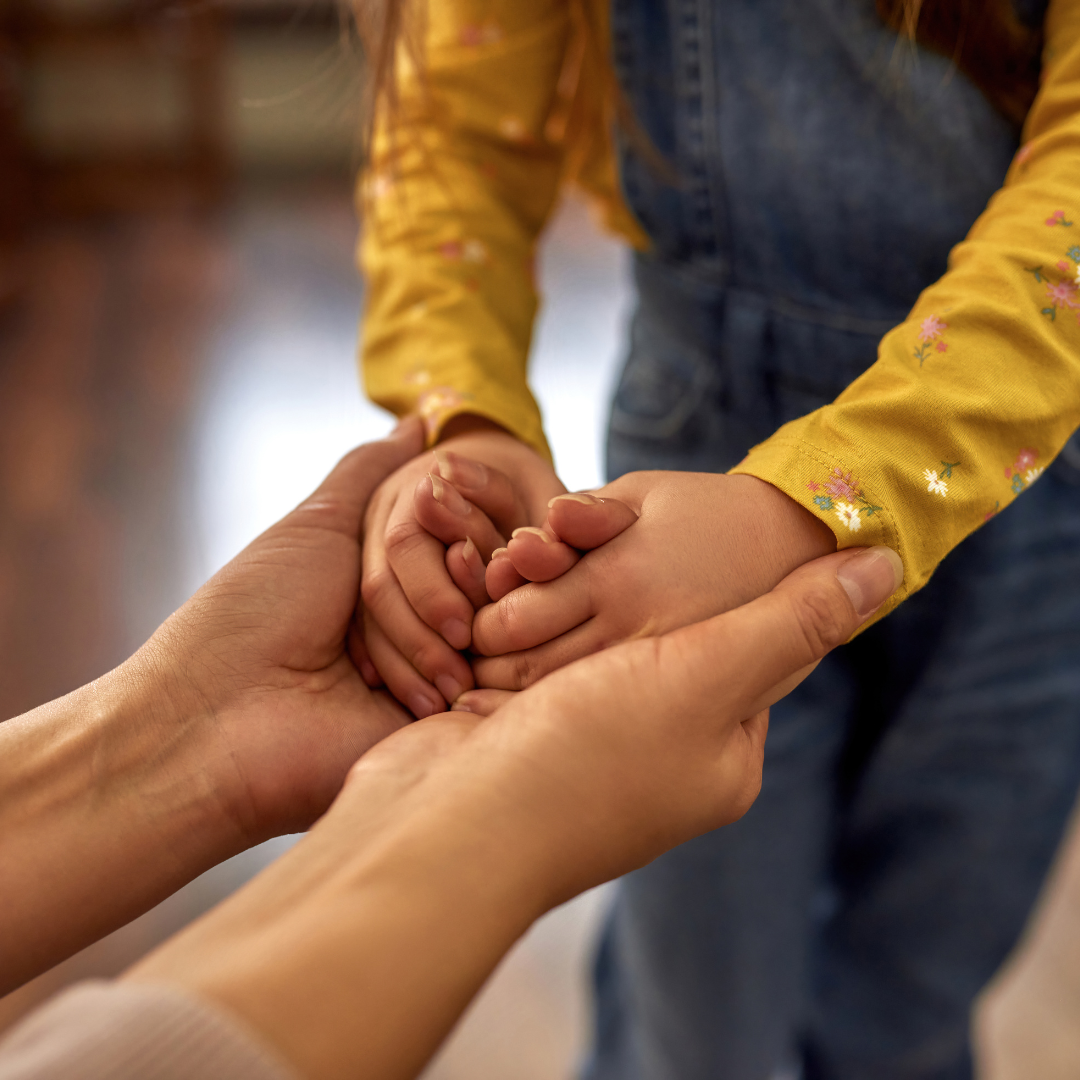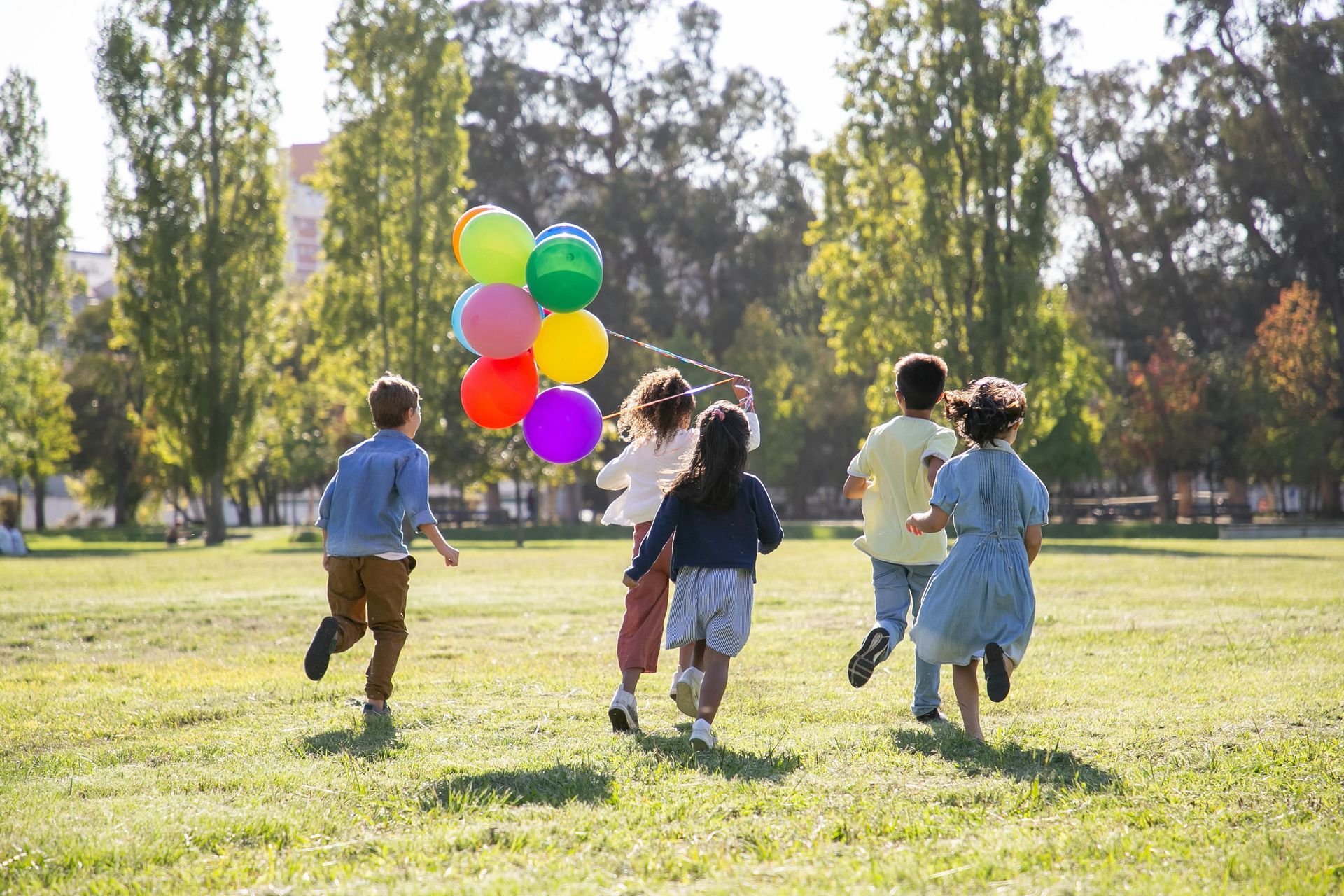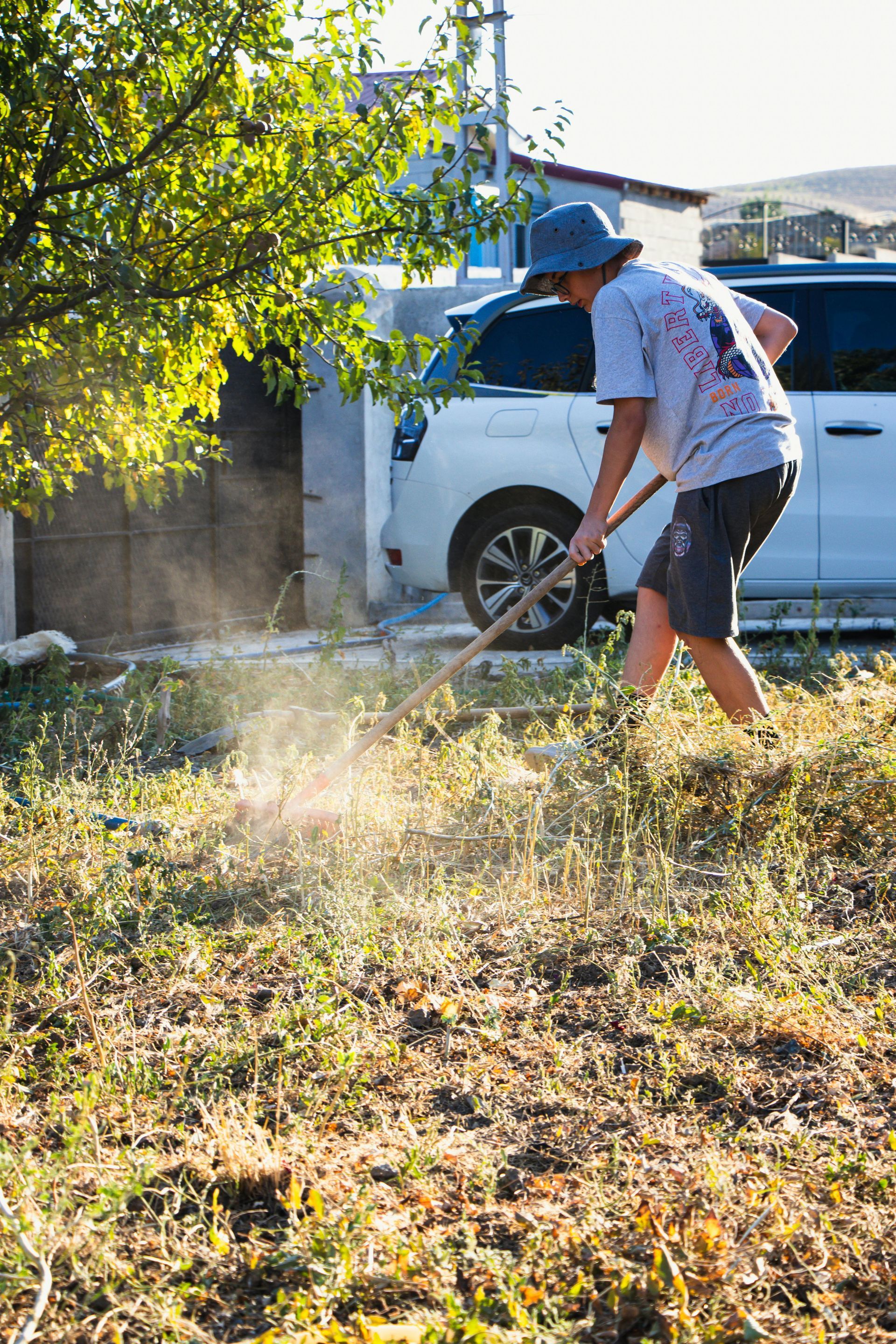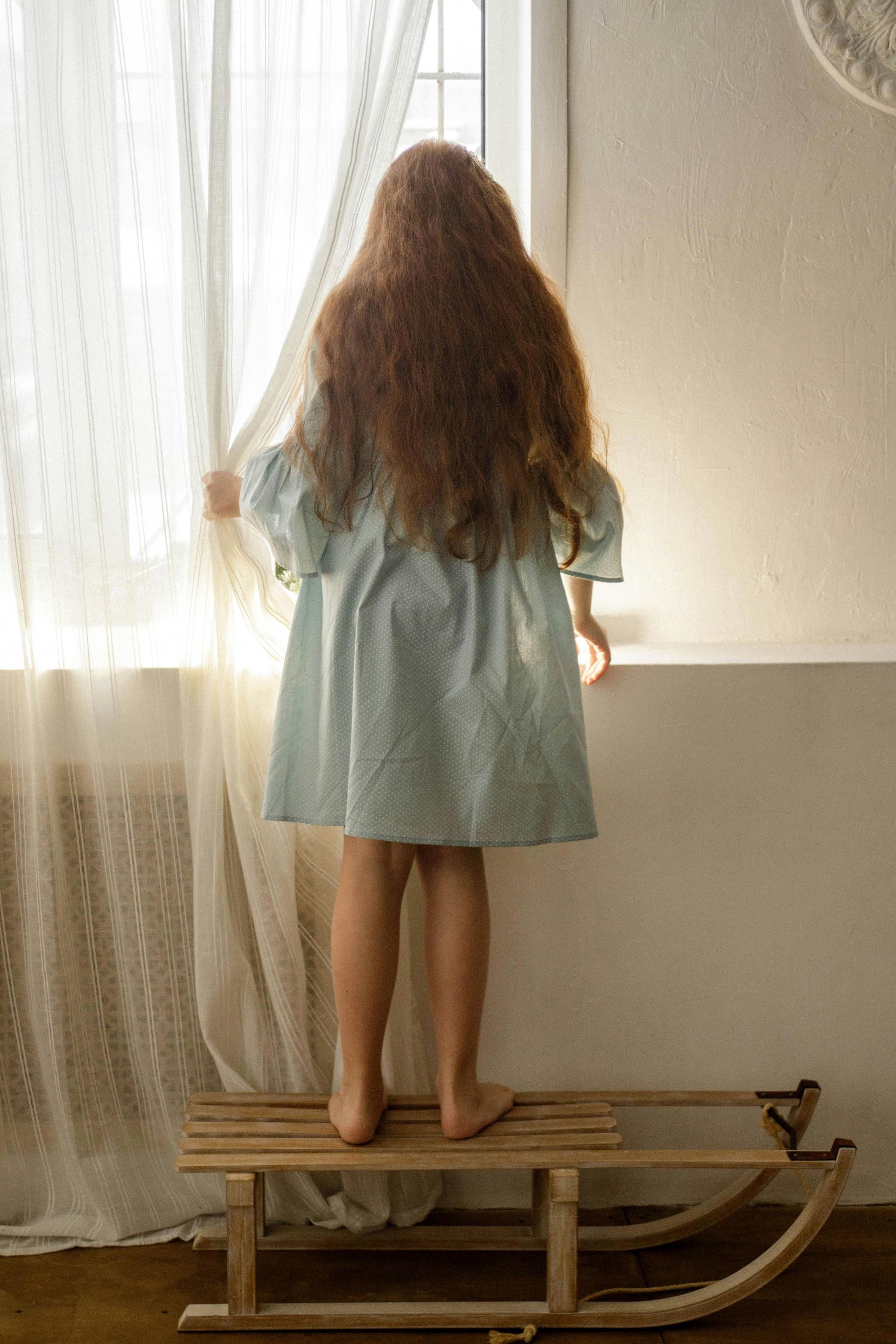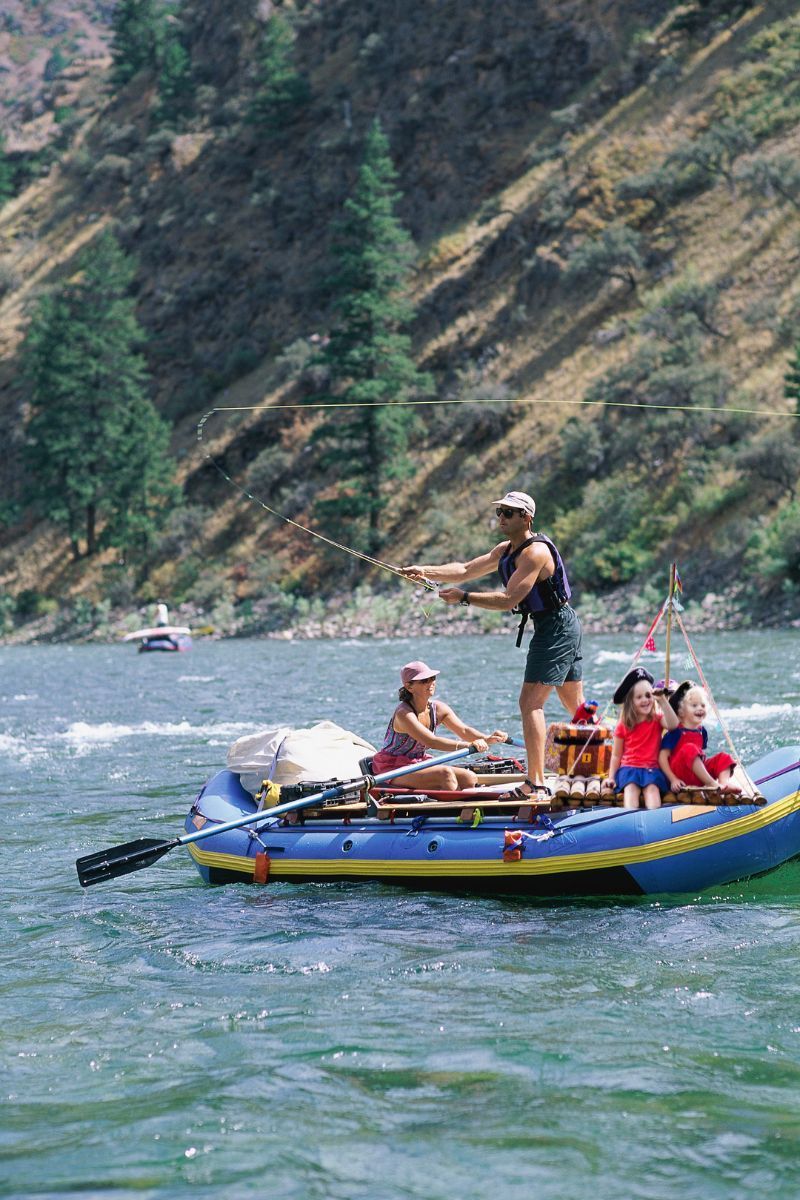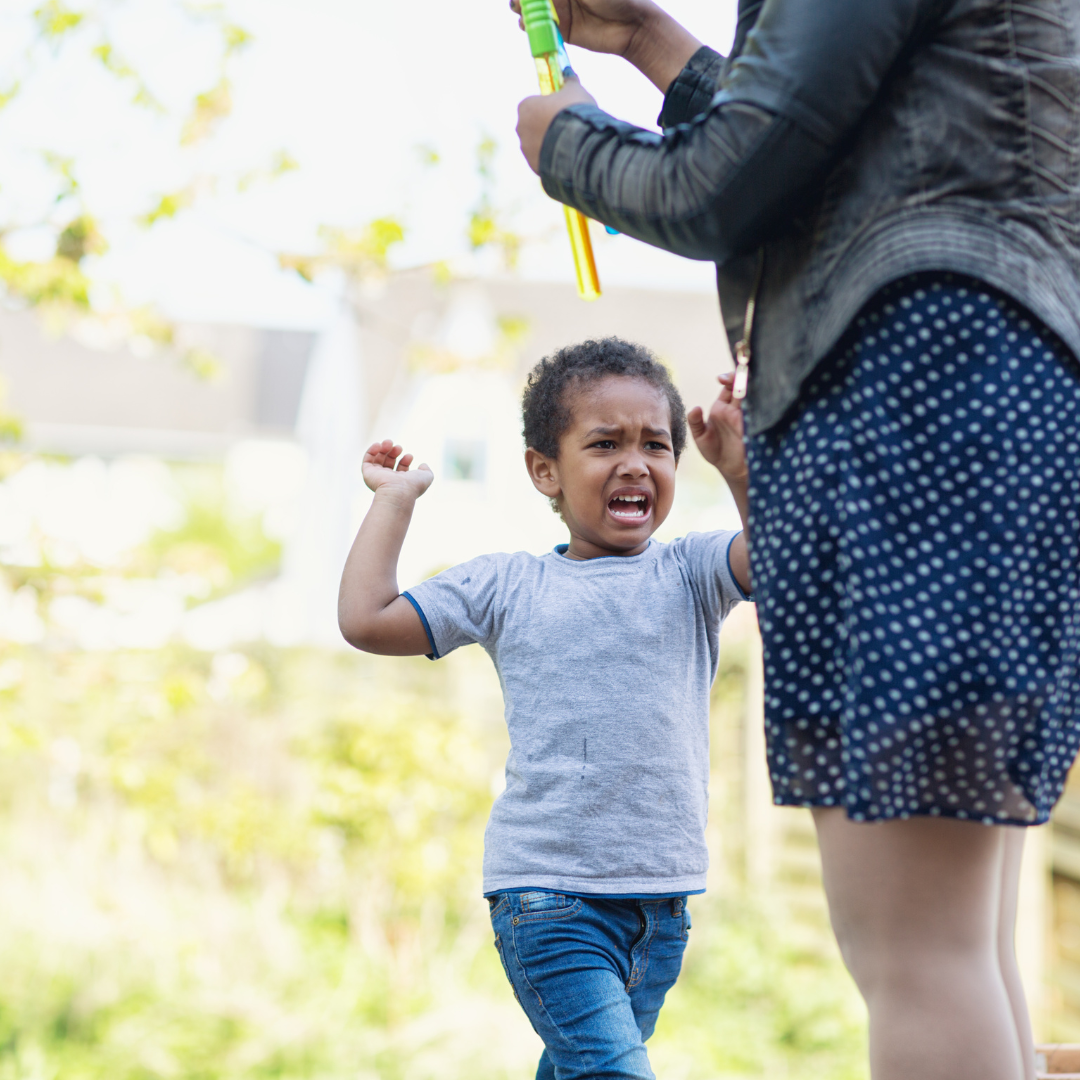Let’s face it. Middle school sucks. There is this food chain in middle school, and everyone is in survival mode trying to stay off the bottom of the food chain at any cost. Kids do things in middle school that they wouldn’t do at any other age. They are all pretty terrified of social rejection, and regardless of their popularity status, they all feel rejected at times.
I spent my 7th and 8th grade years in a Russian middle school. I spent the first 13 years of my life in Mexico, so to say it was a shocking change was an understatement. I went from the top of the food chain to the bottom so quickly that I had no idea what had happened or why I was there. I had never been at the bottom of the food chain before. It was a lonely place, and “no one” wanted to be seen with me there. I mean there were a few kids that would cast compassionate looks my way, but they were only a few notches up from me and didn’t dare to stick up for me.

